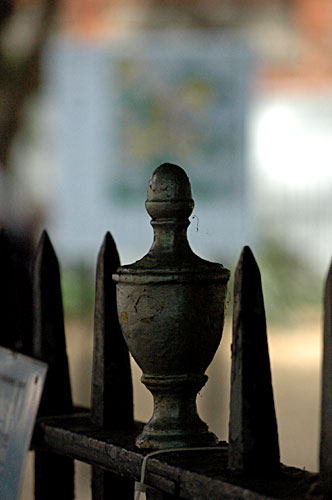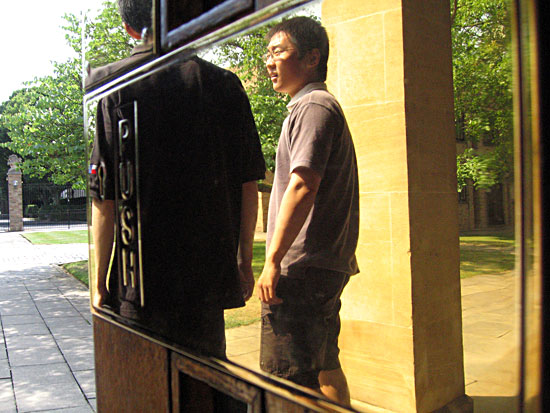From his Mission Statement – Central Campaign Wikia…
Broadcast media brought us broadcast politics. And let’s be simple and bluntly honest about it, left or right, conservative or liberal, broadcast politics are dumb, dumb, dumb.
Campaigns have been more about getting the television messaging right, the image, the soundbite, than about engaging ordinary people in understanding and caring how political issues really affect their lives.
Blog and wiki authors are now inventing a new era of media, and it is my belief that this new media is going to invent a new era of politics. If broadcast media brought us broadcast politics, then participatory media will bring us participatory politics.
One hallmark of the blog and wiki world is that we do not wait for permission before making things happen. If something needs to be done, we do it. Well, campaigns need to sit up and take notice of the Internet, take notice of bloggers, take notice of wikis, and engage with us in a constructive way.
The candidates who will win elections in the future will be the candidates who build genuinely participative campaigns by generating and expanding genuine communities of engaged citizens.
I am launching today a new Wikia website aimed at being a central meeting ground for people on all sides of the political spectrum who think that it is time for politics to become more participatory, and more intelligent.
This website, Campaigns Wikia, has the goal of bringing together people from diverse political perspectives who may not share much else, but who share the idea that they would rather see democratic politics be about engaging with the serious ideas of intelligent opponents, about activating and motivating ordinary people to get involved and really care about politics beyond the television soundbites.
Together, we will start to work on educating and engaging the political campaigns about how to stop being broadcast politicians, and how to start being community and participatory politicians…



